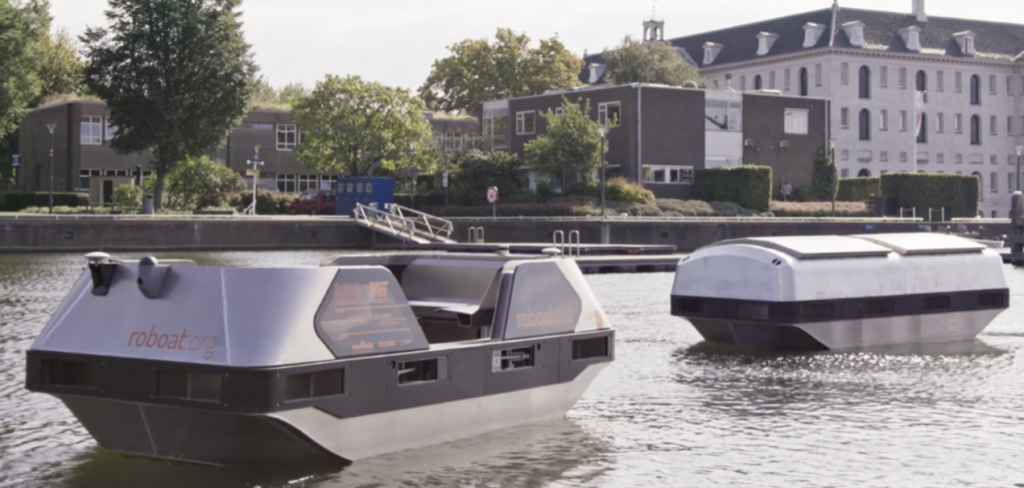After six years of research by the Massachusetts Institute of Technology (MIT) and Amsterdam Institute for Advanced Metropolitan Solutions (AMS Institute), Roboat has officially launched independently. The project, which focused on developing autonomous navigation technology for boats for urban and inland waterways, has now transitioned into a spin-off company that will scale up the technology to waterways worldwide. With the launch of the Roboat spin-off company, we might soon see new and old boats becoming “smart” with the help of Roboat’s autonomous navigation technology.

With 165 canals winding alongside busy city streets, about a quarter of Amsterdam’s surface area is water. Initiated by AMS Institute and MIT in 2015, Roboat introduced the world to a revolutionary concept in mobility: autonomous boats for the urban environment. An idea was born to alleviate pressure from Amsterdam’s busy city center roads and re-vitalize the Amsterdam canals. Since then, the concept of autonomy on the urban waterways has grown into a worldwide opportunity to revolutionize mobility in cities with extensive waterway networks like most larger delta-based cities.
Whereas most autonomous shipping focuses on more straightforward trajectories, Roboat technology is designed to navigate dynamic and complex urban and inland waterways, such as the Amsterdam canals, which makes Roboat technology relevant for cities and harbor areas worldwide. Combined with its ability to perform its tasks 24/7, Roboat technology can add great value to safer and more sustainable transport on the water in the city.
In 2021, Roboat technology reached the full-scale prototype stage. The team built one water taxi and one waste collection boat, which have been used to demonstrate full autonomy on the water.
The Roboat research generated a wealth of scientific knowledge on autonomous navigation, perception- and control systems. But also on use cases where Roboats could be deployed as an alternative mode of urban transportation. But Roboat went beyond academic findings as it represents a significant opportunity for urban mobility and transportation challenges in 21st-century cities, which led to collaborations with industry partners and interest from other cities.
Source: AMS Institute
